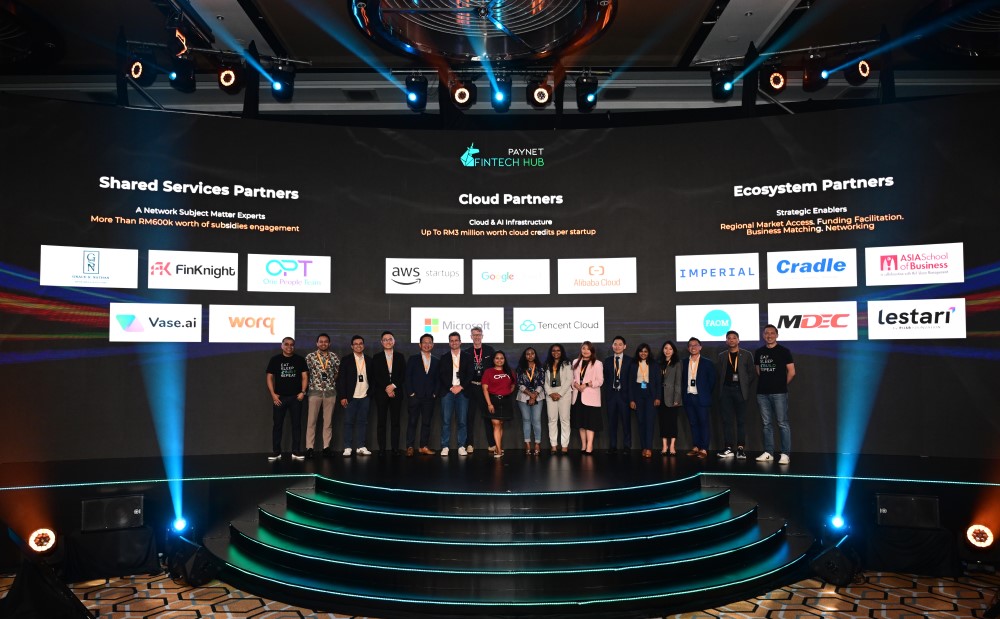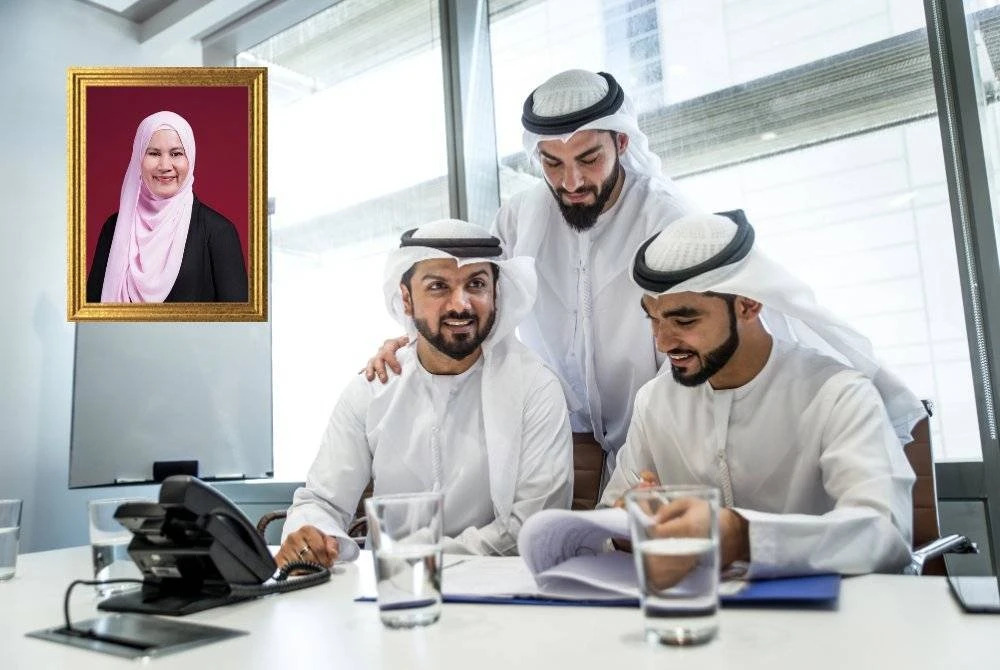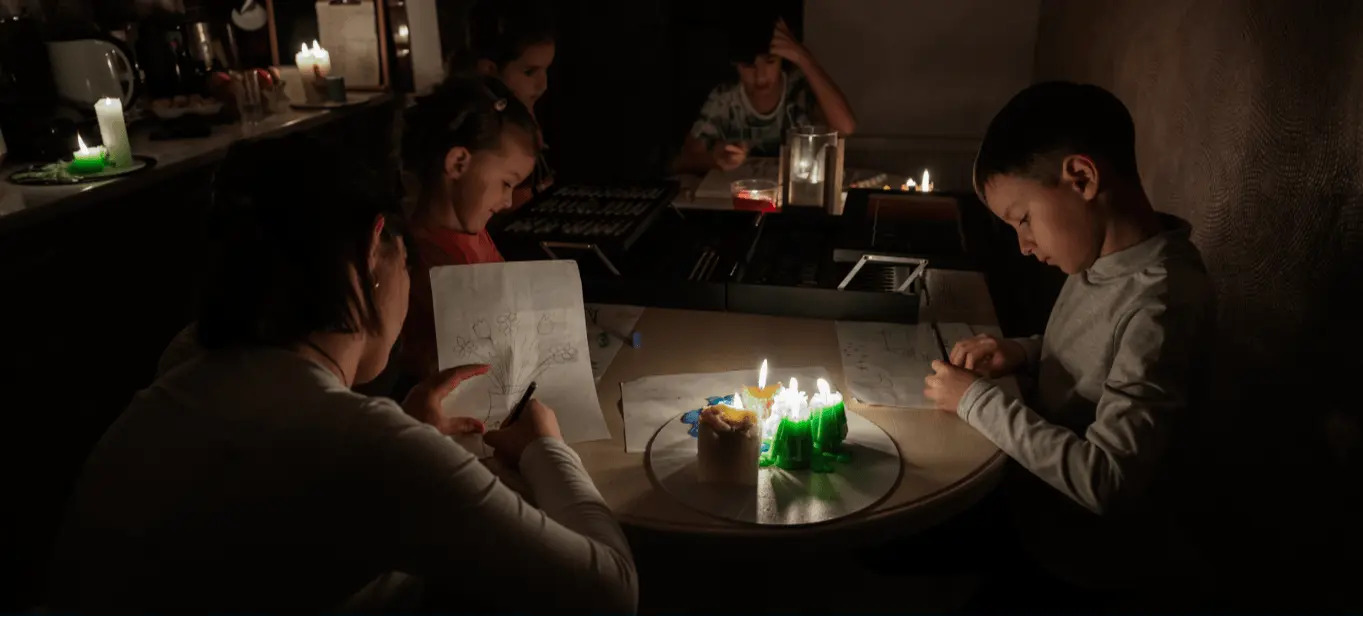The European Union Deforestation Regulation (EUDR) and its implications for Malaysian palm oil have sparked significant debate. Rather than taking sides on the issue, it is more productive to examine it through the lens of standard-setting. Malaysia has a long history of developing its own sustainability standards for palm oil, and incorporating some of these innovative approaches into the EUDR could pave the way for a collaborative and mutually beneficial implementation strategy.
Standard-setting rarely captures public attention, yet its implications are far-reaching. Standards reduce transaction costs, foster trust among buyers, and level the playing field for producers. They drive technological innovation and disseminate best practices. Think of the HACCP standards ensuring food safety, Euro 5 emissions standards regulating car pollution in Malaysia, or ISO certifications that set benchmarks across industries. Though not perfect, standards generally promote efficiency and economic growth.
However, the creation and implementation of standards are rarely as objective as they seem. The process often involves a small group of technical experts whose decisions may reflect groupthink or political considerations. While grounded in science, standards are also shaped by power dynamics as countries advocate for standards that benefit their own industries. Unintended consequences, particularly for marginalised groups, often arise from seemingly well-intentioned standards.
The EUDR offers a pertinent example. This relatively straightforward regulation aims to combat climate change by banning imports of goods linked to deforestation. The intent is commendable: Addressing the economic drivers of deforestation. Yet, the execution risks sidelining Malaysia’s smallholder farmers, who play a significant role in the country’s palm oil supply chain.
Malaysia’s palm oil sector comprises around 250,000 independent small farmers. Their supply chain operates through layers of middlemen who collect and aggregate fruit from various farmers to supply mills. This system, while dynamic, widespread and largely informal, is often opaque. Middlemen prioritise commercial confidentiality, complicating traceability. While large plantations can demonstrate compliance with the EUDR relatively easily, smallholders face significant hurdles, despite not being inherently linked to deforestation.
Research shows that most smallholders are not expanding into recently deforested areas and that they often manage land with greater biodiversity than large-scale plantations. However, these farmers struggle with record-keeping and reporting, particularly in remote regions with limited access to technology and education. The unintended consequence of the EUDR is clear: Smallholders risk exclusion from the supply chain due to systemic barriers, not environmental non-compliance.
Recognising the need for inclusive sustainability, Malaysia introduced the Malaysian Sustainable Palm Oil (MSPO) certification in 2015. Unlike the more demanding Roundtable on Sustainable Palm Oil standard, the MSPO was designed to be attainable for local producers, particularly smallholders.
One of the MSPO’s key innovations is its territorial approach to certification, organising the country into 162 Sustainable Palm Oil Clusters (SPOCs). Each cluster has an internal control system to monitor and support the smallholders within the cluster. It is managed by a group manager who is also a Tunjuk Ajar Nasihat Sawit officer, supporting farmers in adopting sustainable practices. This model shifts the focus from sustainability compliance to capacity-building. In principle, the SPOC system could also be used to monitor deforestation and thus form a pathway towards compliance under the EUDR.
The SPOC system provides an inclusive framework, prioritising education and gradual improvement over exclusion. It recognises that sustainability is a journey, and not a binary status. For smallholders, this approach offers a simpler path to certification without undermining their livelihoods.
Malaysia should advocate for a territorial approach, similar to SPOCs, when negotiating about the implementation of the EUDR. By adopting a territorial approach for low-risk regions with minimal deforestation, small farmers could automatically be deemed compliant.
This territorial approach is viable due to the spatial structure of palm oil cultivation. The intake of palm oil mills is limited by their transportation radius, as palm fruit typically needs to be processed within 24 hours. For practical and economic reasons, transportation beyond 50km to 100km is usually not viable, depending also on the quality of infrastructure. This means that mills located some distance away from deforested areas are unlikely to receive fruit from unsustainable sources. Additional electronic monitoring of key roads could further prevent such spillovers.
For areas with higher deforestation risks, or for large producers, a hybrid model could be implemented. Additional scrutiny and record-keeping would apply where necessary, with the threat of area-wide sanctions acting as a deterrent against illegal deforestation. This localised approach balances the EUDR’s environmental goals with the economic realities of small farmers.
A territorial approach also creates opportunities for collaboration. By allowing for renegotiation and co-regulation, the EUDR could incorporate local expertise and address on-the-ground challenges. Malaysia’s SPOC system already offers a scalable framework for monitoring deforestation and facilitating traceability. By leveraging this existing infrastructure, the EU can ensure compliance without disproportionately penalising smallholders.
Critics may argue that a territorial approach dilutes accountability, potentially creating market distortions. However, such concerns can be mitigated through a phased strategy. Over time, the system could transition to more granular, farm-level traceability as technology and farmer capacity improve. This hybrid model ensures immediate action while building a foundation for long-term sustainability.
Importantly, territorial compliance recognises the shared responsibility of regulators and producers. It aligns with principles of inclusivity and equity, ensuring that marginalised groups are not unfairly burdened by standards designed in distant bureaucratic corridors.
The EUDR’s anti-deforestation goal is laudable, but its implementation must be adaptable to diverse local contexts. Malaysia’s existing SPOC system under the MSPO offers a realistic regulatory framework. By embracing a Malaysianised approach to the EUDR, the EU can effectively balance its environmental goals with practical considerations, ensuring small farmers remain within sustainable global supply chains. Ultimately, a locally-informed approach does not merely create fairer standards; it fosters genuine collaboration, drives meaningful compliance and supports long-term sustainability.
This approach exemplifies how standard-setting can transcend technical expertise and power politics to create genuinely fair and effective solutions. In an interconnected world, sustainability must be a shared endeavour — one that respects local realities while striving for global impact.
The Malaysianisation of the EUDR is not just a call for better regulation; it is a call for a more inclusive and equitable approach to sustainability.
Dr Pieter E Stek is a Senior Lecturer at the Asia School of Business
Dr Asad Ata is Associate Professor II of Operations and Supply Chain Management and Director of the Centre for Sustainable Small-owners at Asia School of Business





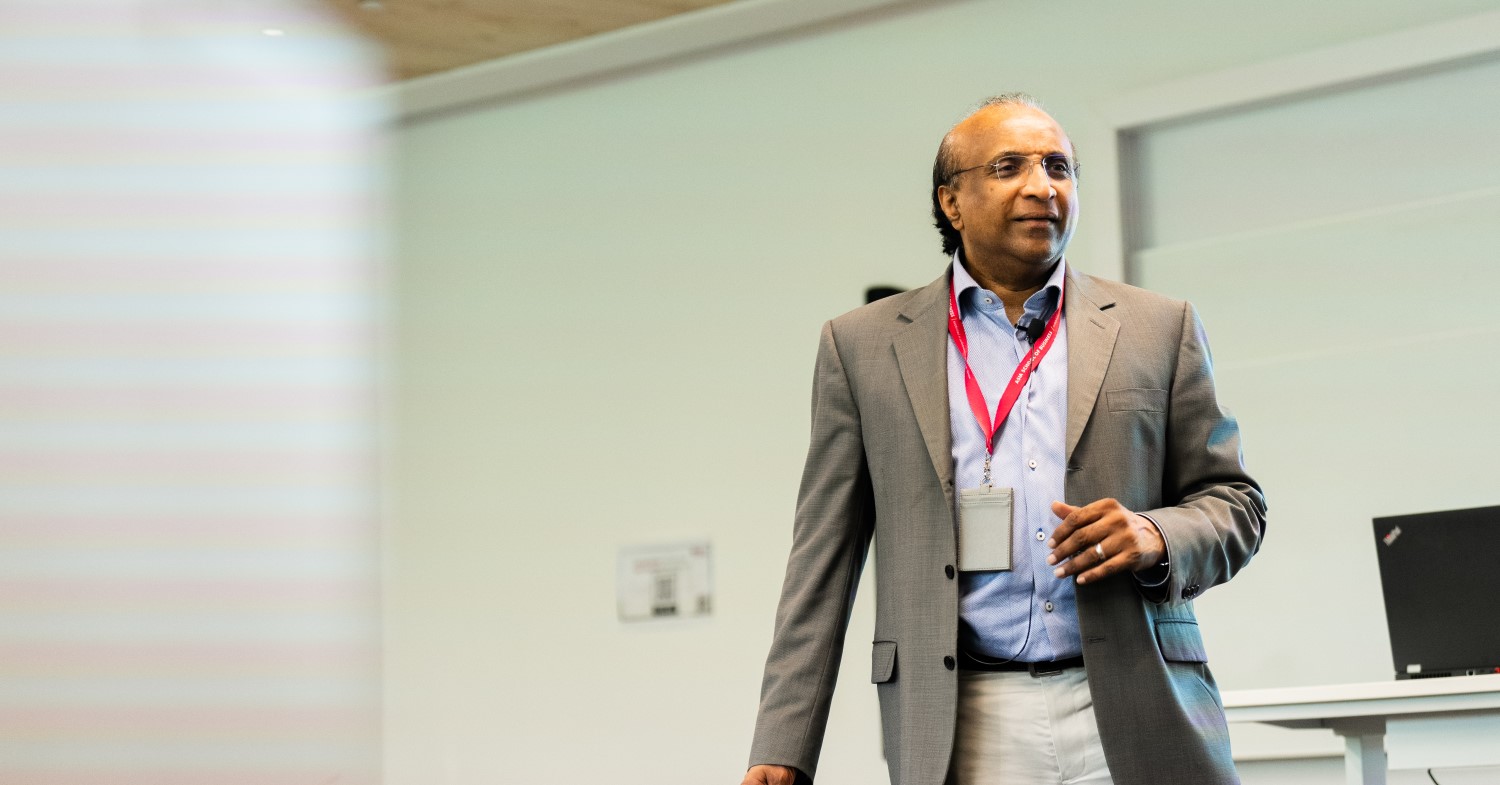
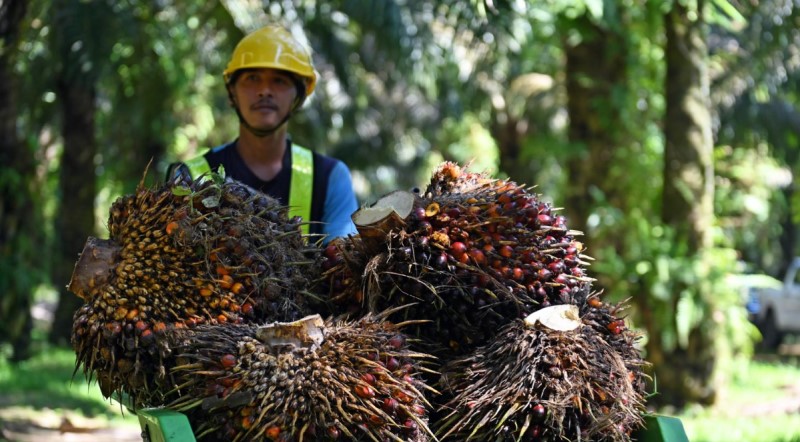


![[OPINION] Ripples Across The World: How US Tariffs Are Redrawing Global Supply Chains](https://asb.edu.my/wp-content/uploads/2025/05/Tariff.jpg)
